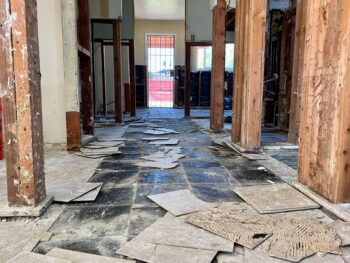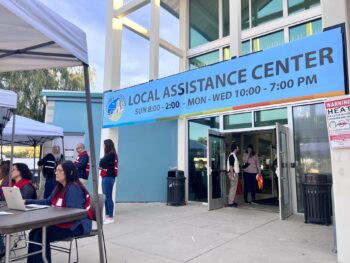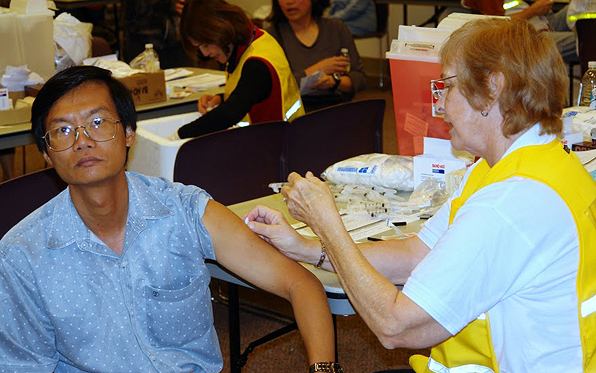You have no doubt gotten a glimpse at the criminal justice system through the news and the plethora of crime shows on television. But, when the person accused of committing a crime is a minor, the process may be less familiar to people, since the law provides strict guidelines for protecting a juvenile’s rights and privacy in the juvenile justice system.
The County plays an important part in the juvenile justice process. The Probation Department serves as the screening agency for most law enforcement referrals to the juvenile justice system and works with police, the District Attorney and the Juvenile Court to determine the best way to provide rehabilitation for a young person while protecting community safety, which is the overriding principle of the system. Here’s a brief look at how the system works.
When a juvenile is arrested by police, the police submit an application for petition to Probation outlining the circumstances of the crime. Probation then assesses the petition and decides how the case should be handled. The assessment is very thorough, considering the crime, family circumstances, psychological factors, and any other details that may have an impact on the most appropriate option for referring the case. When Probation believes the juvenile is in need of formal intervention from the juvenile court, the case is submitted to the District Attorney who makes the decision as to whether charges will be filed.
Cases that are not submitted to the DA may be referred to diversion programs to provide needed services for the youth; or the juvenile may be placed on informational probation where the young person is provided with requirements and guidelines he or she must follow to avoid more serious consequences. In 2010, Probation received 7,700 petitions; 71 percent of them were sent to the District Attorney.
In cases when the crime involved is very serious, such as murder, the District Attorney’s Office has the option of charging the juvenile as an adult in criminal court through a process called “direct file.” Another option is to file a fitness petition in juvenile court, which means a hearing is held to determine whether the minor is unfit for rehabilitation in the juvenile system. For fitness hearings, Probation completes a report analyzing a number of criteria to assist the court in determining whether the juvenile is fit for juvenile court. Under California law, the juvenile involved has to be at least 14 years old for either of these options.
When a case is referred to the District Attorney’s Office to be heard in juvenile court, the process is different than what you would find in an adult court. In the juvenile justice system, a minor is accused of a crime but is not criminally liable; the intention is that the mistakes made as a minor, even if significant, do not stick with the youth throughout their lives, giving them a chance to get back on track before they enter adulthood. This is one of the reasons juvenile court proceedings are not open to the public.
Other differences – the case is heard only by a judge. There is no jury. The judge decides if the allegations in the petition are “true” or “not true,” rather than “guilty” or “not guilty.” The proceedings are confidential, and juveniles can apply to have their records sealed.
If the finding is “true,” Probation prepares a recommendation to the court. One option: the juvenile could be placed on formal supervision at a Probation juvenile facility or at home depending on the needs of the individual – this is the most common option. Programs would address the ongoing issues in the juvenile’s life such as substance abuse, mental health issues, anger management, gang prevention, education and job training.
The other options are informal supervision, where the Court determines the guidelines the young person must follow; or a juvenile could be sent to a state juvenile institution, reserved for severe cases. Only about a dozen juveniles a year are sent to a state facility.
The Probation Department opens its doors to the public for an open house event every spring to provide a first-hand look at how the system works. It includes a tour of a juvenile courtroom and Kearny Mesa Juvenile Detention Facility. This year’s date has yet to be set. Check Probation’s website for information about the tour, or watch a video about last year’s event.





